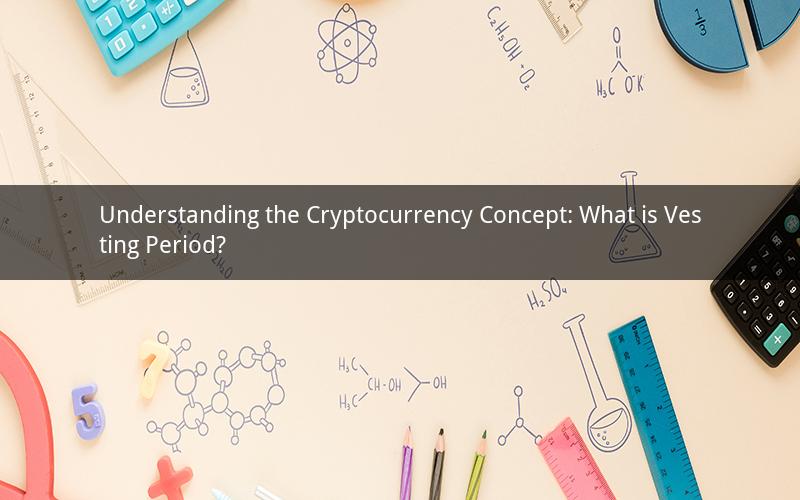
The cryptocurrency world is vast and ever-evolving, with numerous terminologies and concepts that can be confusing for beginners. One such term is the vesting period, which plays a significant role in the crypto ecosystem. In this article, we will delve into the meaning of vesting period in cryptocurrency and its implications.
What is Vesting Period in Crypto?
Vesting period, in the context of cryptocurrency, refers to a predetermined time frame during which an individual or entity can claim ownership of their digital assets. During this period, the assets are locked or restricted, and the owner cannot withdraw or transfer them. The primary purpose of the vesting period is to incentivize long-term holding and discourage speculative trading.
How Does Vesting Period Work?
Vesting periods are commonly used in various scenarios within the crypto world, such as:
1. Initial Coin Offerings (ICOs): When investors purchase tokens during an ICO, the tokens are usually subject to a vesting schedule. This ensures that the investors commit to holding the tokens for a specific duration, reducing the risk of a sudden sell-off and manipulation of the token's price.
2. Employee Stock Options (ESOs): Cryptocurrency companies may offer their employees stock options with a vesting period. This allows the employees to gradually acquire ownership of the company's tokens over time, aligning their interests with the company's success.
3. Airdrops: In some cases, a cryptocurrency project may distribute tokens to participants through an airdrop. The airdropped tokens might have a vesting period to encourage long-term holding and promote the project's growth.
During the vesting period, the assets are typically locked in a smart contract or a private key control system. Once the vesting period ends, the owner gains full access to their assets, which can then be transferred, sold, or used for other purposes.
Why is Vesting Period Important?
The vesting period serves several critical purposes in the cryptocurrency domain:
1. Mitigating Market Manipulation: By locking tokens during the vesting period, it prevents large-scale sell-offs that can cause significant price volatility.
2. Incentivizing Long-term Holding: Vesting periods encourage investors and token holders to hold onto their assets for the long term, promoting stability and growth within the crypto ecosystem.
3. Aligning Interests: In the case of employee stock options, vesting periods ensure that the interests of employees are aligned with the company's success, fostering a sense of commitment and loyalty.
4. Preventing Fraud: Vesting periods can act as a deterrent against fraudulent activities, such as insider trading or unauthorized transfers of assets.
5. Promoting Fairness: By locking tokens during the vesting period, it ensures that all participants are treated fairly and have equal access to their assets once the period ends.
Common Questions and Answers about Vesting Period in Crypto:
1. Q: Can the vesting period be shortened or extended?
A: Generally, the vesting period is predetermined and cannot be easily altered. However, in some cases, the terms of the agreement might allow for adjustments under specific circumstances.
2. Q: What happens if an owner fails to claim their vested assets?
A: If an owner fails to claim their vested assets, the assets may be forfeited or returned to the issuing entity, depending on the terms of the agreement.
3. Q: Can the vested assets be used for trading during the vesting period?
A: Typically, vested assets cannot be used for trading during the vesting period. However, some agreements may allow for certain exceptions, such as using a portion of the vested assets for liquidity purposes.
4. Q: Is the vesting period the same for all types of crypto assets?
A: The vesting period can vary depending on the specific asset and the agreement. For instance, the vesting period for employee stock options might be different from that of airdropped tokens.
5. Q: Can a vesting period be applied to all transactions in the crypto world?
A: While vesting periods are common in certain scenarios, they are not applicable to all transactions in the crypto world. The decision to implement a vesting period depends on the specific needs and objectives of the parties involved.
In conclusion, the vesting period is a crucial concept in the cryptocurrency domain, serving multiple purposes and ensuring stability and fairness within the ecosystem. Understanding the vesting period and its implications can help individuals and entities make informed decisions regarding their digital assets.